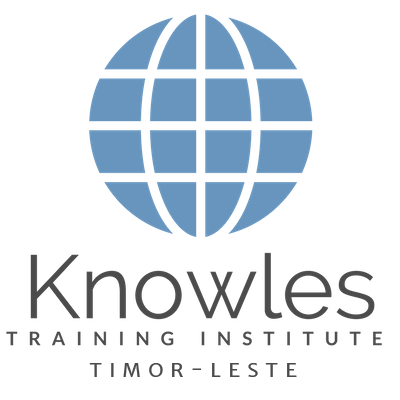Skip to content
LinkingIntern1bksiuevej76kHhK2023-07-18T10:27:07+08:00
Linking
The Linking Matrix: Unleashing the Power of Information Connections for Memory and Retention
- Relational Encoding: Linking information involves engaging in relational encoding. By establishing connections and relationships between concepts, individuals create a robust framework that enhances memory retention and retrieval.
- Network Visualization: Linking information through network visualization techniques helps visualize the interconnectedness of ideas. By creating visual representations of linked concepts, individuals can easily navigate and retrieve information from memory.
- Concept Linkages: Linking information through concept linkages enhances memory by creating meaningful associations. By linking related concepts through shared attributes or relationships, individuals strengthen memory traces and improve recall.
- Interdisciplinary Connections: Linking information across different disciplines boosts memory and retention. By identifying and connecting common themes or principles across various subjects, individuals deepen their understanding and create interconnected knowledge.
- Multimodal Integration: Linking information through multimodal integration engages multiple senses. By incorporating visual, auditory, and kinesthetic elements, individuals create rich memory representations that enhance recall.
- Collaborative Linking: Linking information through collaborative activities enhances memory and retention. By engaging in group discussions, brainstorming, or peer teaching, individuals benefit from diverse perspectives and create stronger connections.
- Structural Organization: Linking information involves structurally organizing knowledge. By categorizing concepts into hierarchies, outlines, or frameworks, individuals improve memory encoding and facilitate the retrieval of related information.
- Transfer of Learning: Linking information facilitates the transfer of learning across contexts. By connecting new knowledge to real-life applications or previously learned concepts, individuals enhance memory retention and the ability to apply knowledge.
- Deep Processing: Linking information requires deep processing. By actively engaging with the material, critically analyzing connections, and generating personal examples or analogies, individuals strengthen memory traces and improve recall.
- Integration of Personal Meaning: Linking information involves integrating personal meaning. By relating new information to personal experiences, values, or goals, individuals establish stronger connections and enhance memory retention.
Page load link


